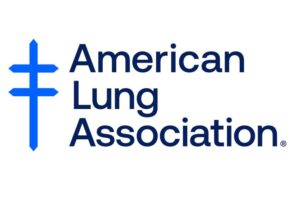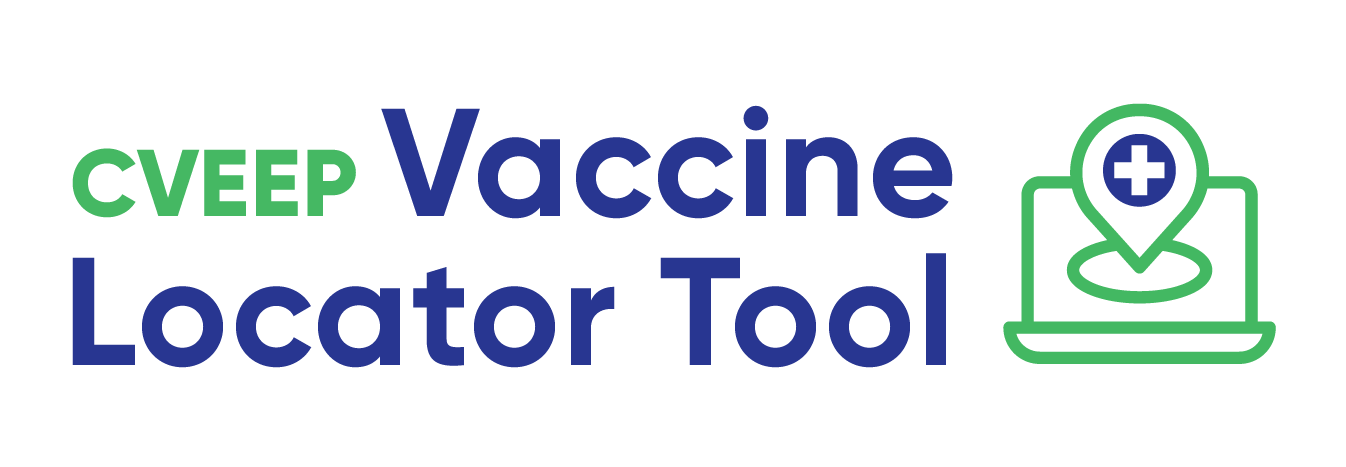Life doesn’t paws when you’re sick.
Stay protected this fall & winter.
Take the steps to protect yourself and those you love. Our Vaccine Locator is available to help find a vaccination location near you. Simply enter your ZIP code or city to see nearby pharmacies and health centers where you can get more information and schedule an appointment.
These materials were developed in collaboration with the American Lung Association.
As temperatures drop, respiratory illnesses spread.
In the United States, respiratory diseases consistently show increased activity between October and March of each year. That’s in part because during the fall and winter, people spend more time indoors and close to loved ones, making it easier for respiratory diseases to spread.
As you age, your immune system naturally weakens, putting older adults at a significantly higher risk of hospitalization and death from respiratory diseases.
Vaccines reduce hospital visits, helping older adults live full lives and avoid long recovery times. Getting vaccinated and taking preventive measures reduces the spread of respiratory illnesses in your community, especially for those most vulnerable.
Learn which vaccines are recommended for you.
Flu
The 2025-2026 flu vaccine has been approved and recommended for:
• Everyone—with rare exceptions—6 months and older
See the CDC’s 2025-2026 recommendations here.
RSV
A single dose of RSV vaccine is recommended for:
• All adults age 75 and older
• Adults ages 50-74 who are at increased risk of severe illness from RSV (such as those with chronic heart or lung illness or those who are residents of long-term care facilities)
*Note: Adult RSV vaccines can be given any time of year.
Protection against RSV is recommended for:
• All infants younger than 8 months entering their first RSV season (either through maternal vaccination during pregnancy or with the RSV antibody after birth)
• Infants and young children ages 8–19 months who are at increased risk of severe RSV disease entering their second RSV season (such as infants and young children who have chronic lung disease due to premature birth, are severely immunocompromised, or have certain other medical conditions) should receive the RSV antibody
*Note: RSV immunizations to protect infants are given during the RSV season. Talk to your healthcare provider for details.
See the CDC’s recommendations here.
Pneumococcal Disease
Depending on vaccination history, pneumococcal vaccines are recommended for:
• All adults age 50 and older
• Adults 19-49 years old with certain medical conditions that increase their risk. Examples of underlying medical conditions can be found here.
• All children younger than 5 years: routine 4-dose series at 2, 4, 6, and 12-15 months
• Additional protection is recommended for children ages 5-18 years with certain medical conditions that increase their risk. Examples of underlying medical conditions can be found here.
Talk to a healthcare provider to determine whether you should get a pneumococcal vaccine and which vaccine is right for you. See the CDC’s recommendations here.
COVID-19
FDA-approved 2025-2026 COVID-19 vaccines are recommended by the Centers for Disease Control and Prevention’s (CDC’s) Advisory Committee on Immunization Practices (ACIP) for those:
• 6 months to 64 years of age based on individual decision-making, also known as shared clinical decision-making.* Vaccination is most favorable for those at increased risk for severe COVID-19 disease.
• 65+ based on individual decision-making.
This recommendation does not require a prescription to receive a 2025-2026 COVID-19 vaccine, though encourages people to talk to a health care provider (e.g., doctor, nurse, pharmacist) to help them assess if the vaccine is right for them. COVID-19 vaccines should be available at your local pharmacy but call ahead to ensure availability.
COVID-19 vaccines are covered by both public (Medicaid and Medicare) and private insurance, including employer-sponsored insurance, without cost-sharing.
*In conversation with a healthcare provider, the decision to vaccinate is made based on individual characteristics, including risk factors, characteristics of the vaccine itself, and evidence of who may benefit from vaccination.
Are my vaccines covered?
Nearly every private and public health insurance plan covers all vaccines recommended by the Centers for Disease Control and Prevention’s (CDC’s) Advisory Committee on Immunization Practices (ACIP) free of cost.
Individual states may also offer more expansive coverage than what is required by federal law.
Private Insurance
Those with private health insurance, including those with employer-provided insurance, can access respiratory vaccines with no out-of-pocket costs through in-network providers.
Medicare
Under Medicare, all respiratory vaccines are covered with no out-of-pocket costs.
Flu, COVID-19, and pneumococcal vaccines are covered through Medicare Part B and coverage is not dependent on an ACIP recommendation.
ACIP-recommended RSV vaccines are covered through Medicare Part D.
Medicaid
All ACIP-recommended vaccines are available to Medicaid beneficiaries with no out-of-pocket costs.

